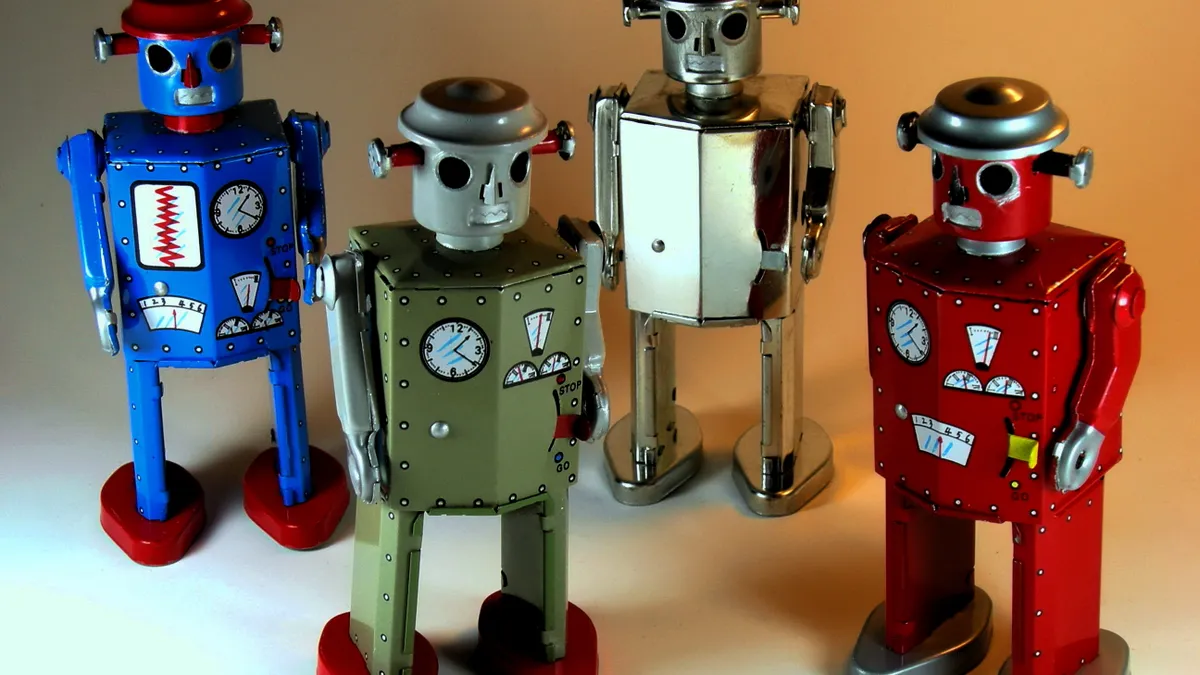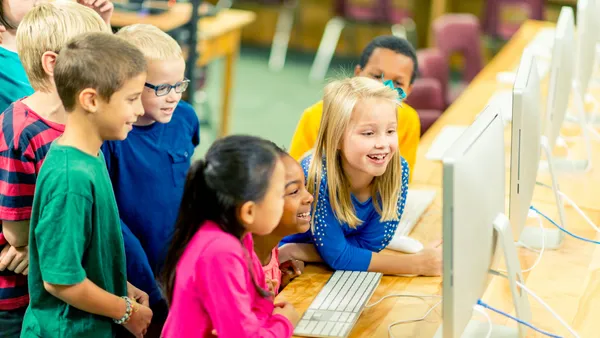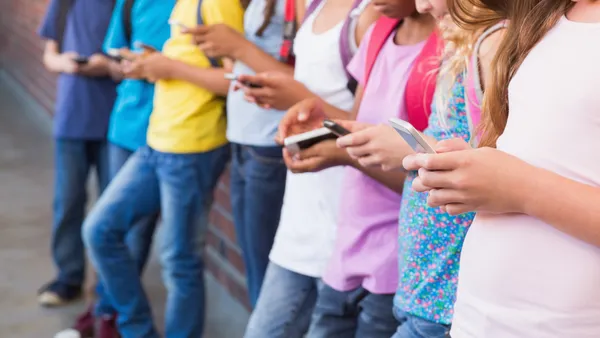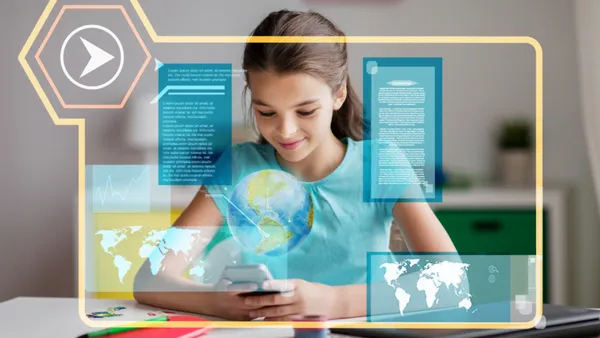Dive Brief:
- After Google's artificially intelligent (AI) computer system beat world champion "Go" player Lee Sedol of South Korea, some are wondering if man-made neural networks can be applied in educational settings to benefit learning.
- Companies like Pearson have begun to examine the subject; the company recently released a pamphlet called Intelligence Unleashed: An argument for AI in Education that argues software may soon be able to provide instant and deeper feedback regarding student progress, eliminating traditional standardized testing.
- Pearson also conceptualized something called a "lifelong learning companion" for students, which essentially could be seen as an interactive cloud that asked questions, provided encouragement, offered suggestions and connected learners to resources.
Dive Insight:
Some companies are actually already using artificial intelligence in products. Knewton, for example, launched a free tool in August 2015 offering automated personalized learning for students that utilizes artificial intelligence to determine what material will best help a particular student. It bases that judgment on a pre-recorded learning profile and by using profiles of other similar students. Jose Ferreira, Knewton's founder and CEO, said he wanted to “democratize access.”
Yet the advent of AI-driven personalized learning has given some education experts pause. Teachers have worried about being replaced by virtual educators. Districts need to imagine new AI technologies as aids and not replacements, making sure that — like with all ed tech — school staff buy-in is high and those expected to work with AI programs have been sufficiently trained in advance.















